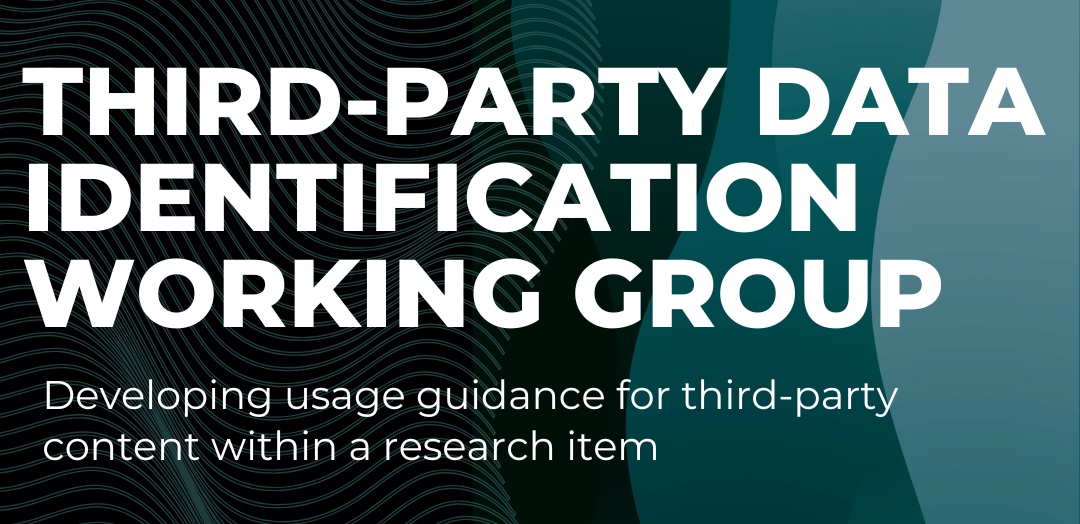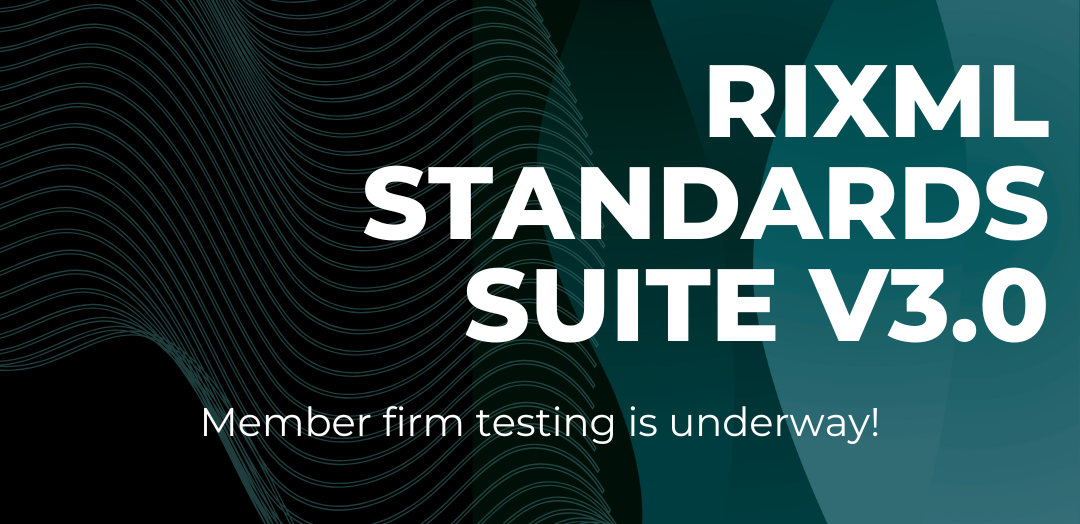Q: Are all versions of the specification backward-compatible?
A: No, not all versions of the RIXML specification are backward-compatible. By backward-compatible, we mean that an instance document that validates against the older schema version will also validate against the newer. We don’t expect that an instance document that validates against the newer schema version and incorporates any newly released functionality will validate against the older, across any release transition. Our general guideline is to have minor releases maintain backward compatibility (e.g. 2.1, 2.2, 2.3, 2.3.1, 2.4), while major releases are not limited by backward-compatibility considerations (e.g. 1.0, 2.0, 3.0). Note that we broke our own guidelines with the v2.0 to v2.1 release. V2.1 should have been v3.0 since we changed the way the schema handles ratings in a non-compatible way.
Q: Is the tagging scheme different for different document types or formats (Acrobat vs. HTML documents, e.g.)?
A: No. The RIXML standard tags cover all content regardless of the media type. File format is covered as a subcategory within the content class.
Q: How did you deal with different types of research products -- note vs. report vs. audio or video file?
A: The RIXML standard tags content regardless of the medium or format. The product media - such as HTML, PDF, video or audio - is considered a content attribute. This allows for more flexibility and a greater degree of filtering as users can indicate preferred product media if they so choose.
We have categorized content by its use or context, rather than its legacy name. Notes are short pieces of timely information, regardless of whether they are in Acrobat, Word, or HTML format. Similarly, a Webcast can be tagged as an Event, regardless of whether the publisher provides a link to a streaming feed, a textual transcript of the discussion, or the actual video file itself.
Q: What did you do to ensure that research will now reach the target audience within a particular firm?
A: Publishers can tag their research according to target audience using RIXML, and buy-side firms that set up their systems to read these tags will automatically distribute the material to the intended recipient or recipients within the firm. In addition, the context information provided in the tag set gives distribution systems the information necessary to deliver content to the appropriate parties.
Q: How does the specification evolve and change?
A: Changes will be made to the specification as needed to address business and technology issues and updated versions of the specification will be released accordingly.
Each time a new version of the specification is available we will post access to the specification on the RIXML.org website and encourage all market participants to respond with comments and suggestions within a 30-day period. We are very interested to hear from buy- and sell-side users and vendors regarding enhancements or changes they would like to see, as well as what hurdles they encountered for implementing RIXML. The purpose of industry feedback is to determine how we can enhance the RIXML protocol to further improve the process of categorizing, aggregating, comparing, and distributing global financial research.
Additionally, the RIXML.org Steering Committee meets quarterly to discuss issues affecting the research space and potential impact to the specification.
Q: How does RIXML.org incorporate feedback from the industry and what are the criteria?
A: All feedback is reviewed by the RIXML.org Steering and Technical Committees, who review and prioritize the suggested changes.


